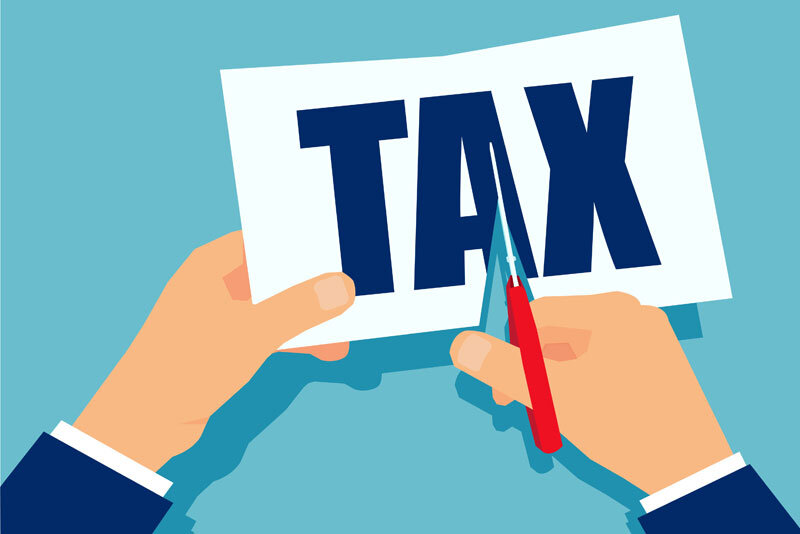When it comes to filing your small business taxes, it can seem overly complex. After all, what qualifies as a deduction? Are you filing as the proper status?
Don’t let tax season overwhelm you. Believe it or not, the IRS isn’t out to get you, but they do want you to play by the rules. These tips will help you alleviate the stress you feel this time of year and help you maximize your refund.
1. You Can File an Extension
Now, I’m not encouraging you to procrastinate each year, but you can ask for an extension if it’s taking longer than anticipated. And now you can file for that extension online rather than fill out a pile of paperwork. An extension will give you until October 15 to file your taxes, but be aware: penalties and interest on what you owe start on April 16. So while you’ll avoid the Failure to File penalty if you file an extension, you will still have to pay a Failure to Pay penalty.
2. Sometimes It’s Better to Ask for Help
If you’re one of the millions of business owners struggling with your own taxes, consider whether it’s the best use of your time. You may think it costs more, but in reality, working with a tax professional or accountant may only run you a few hundred dollars. And when you factor in the savings they can help you recoup, it’s well worth it.
3. You’ve Probably Got More Writeoffs Than You Realize
So many small business owners don’t realize what they can write off on their taxes, including:
- Home office
- Education
- Health costs
- Charitable donations
- Energy-efficient upgrades
Be safe by first checking with the IRS to see what’s deductible.
4. Your Filing Status Does Matter
If you’ve incorporated a business as an S-Corp or formed an LLC, you’ll file your personal taxes as always, including the income you make from the business. So whether you file as married filing jointly or separately will have an impact on how much you owe. It’s wise to take the time to figure out what status is best for your situation.
5. You Can Save For Retirement and Realize Tax Benefits
Investment in your Traditional or Roth IRA, up to $5,500, is tax deductible, so why wouldn’t you take advantage of this?? You can even put in additional funds to your account (assuming you haven’t hit that threshold) until April 15th for last year’s contribution. This reduces your taxable income. Woo!
6. You Can Invest in Your Health and Be Rewarded
If you’re self-employed, have a high insurance deductible, or don’t have health insurance, your contribution to your health savings account is also tax-deductible. It’s nice to not have to choose between paying taxes and taking care of your health.
7. Paying Taxes Throughout the Year Relieves Your Financial Burden
I get it; a lot of businesses bury their heads in the sand until April, hoping the IRS won’t come knocking for that tax check. But it always happens, so why create a stressful situation for yourself year after year?
Instead, set aside money and pay the government quarterly (your accounting software can probably do this for you) so that you spread out your payments rather than scrambling to collect it all in April.
8. Recording Your Expenses is Easier
Used to be, we all had boxes of receipts stacked up in storage somewhere, just in case the IRS wanted to see them. Now we’ve got really cool tools like Expensify, Shoeboxed, and Milebug to scan our receipts and store them digitally, or easily track our mileage.
Tax season doesn’t have to be stressful. Just plan ahead and know all your deductible expenses.





